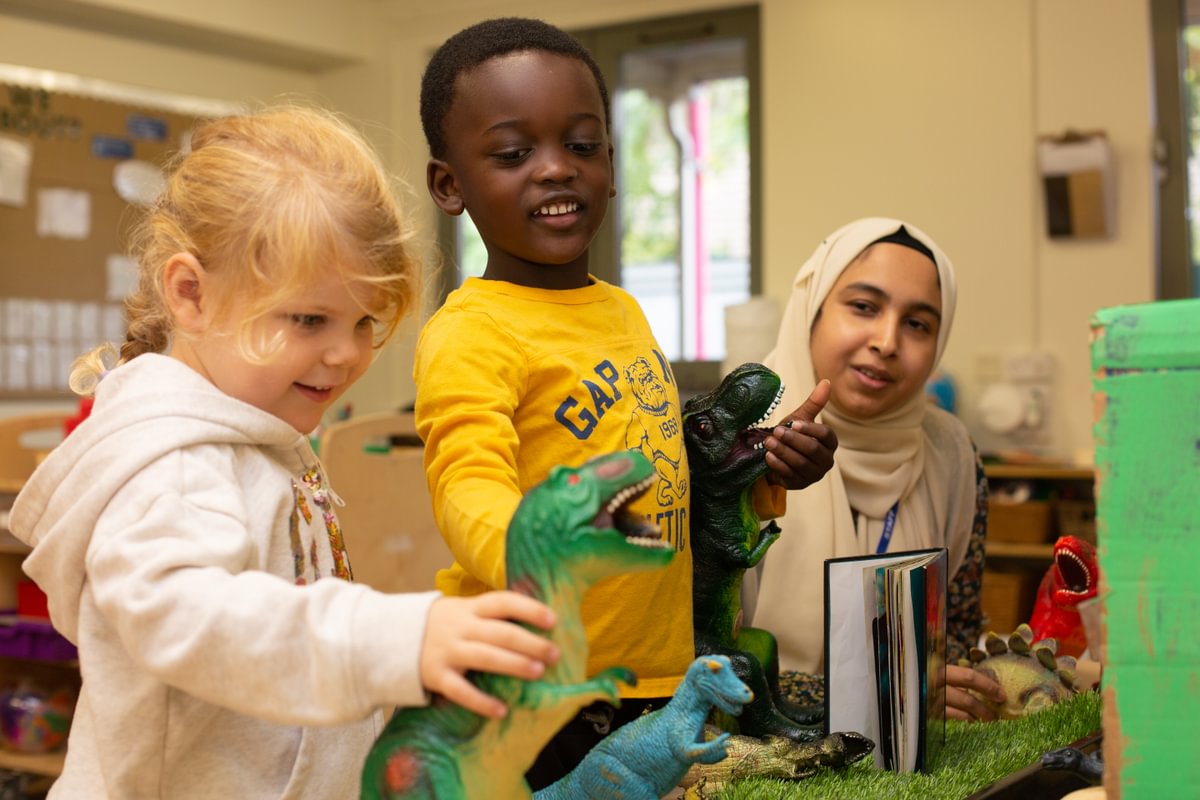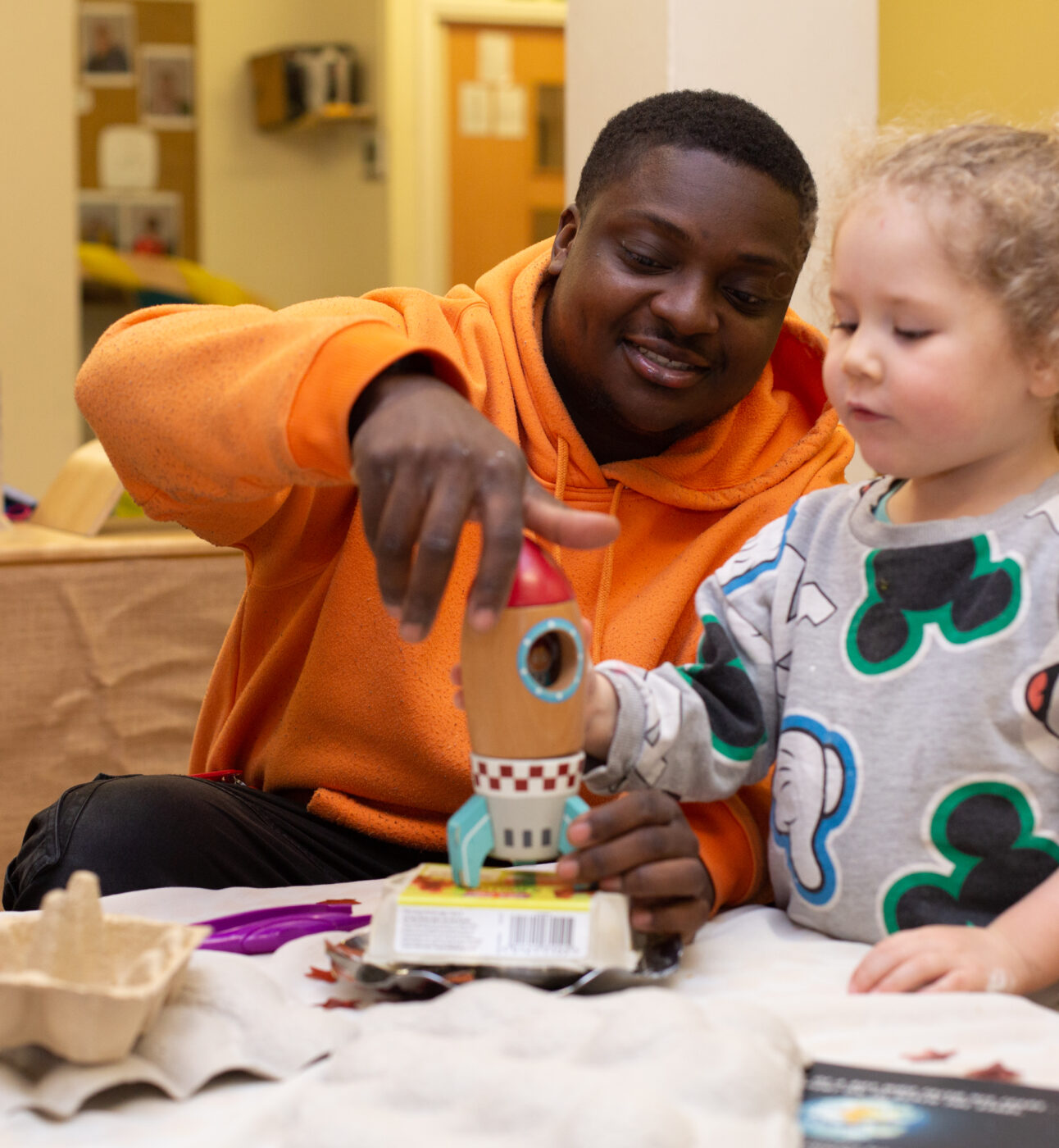
Could Social Enterprises fix the Childcare System?
Why the social enterprise model could be the solution to fixing England’s broken childcare system by expanding access to the communities that need it most. England is…
March 8th 2019
Everything starts somewhere, and as the notices for International Women’s Day (IWD) started to proliferate, I wondered about its origins and its purpose. IWD can be traced back to 1908 when 15,000 women marched through New York City demanding voting rights, better pay and shorter working hours.
In 1910, a woman called Clara Zetkin – leader of the ‘women’s office’ for the Social Democratic Party in Germany – tabled the idea of an International Women’s Day. She suggested that every country should celebrate women on one day every year to push for their demands. A conference of more than 100 women from 17 countries agreed to her suggestion and IWD was formed. In 1911, it was celebrated for the first time in Austria, Denmark, Germany and Switzerland on March 19. In 1913, it was decided to transfer IWD to March 8, and it has been celebrated on that day ever since. The day was only recognised by the United Nations in 1975, but ever since it has created a theme each year for the celebration. In 2011, former US President Barack Obama proclaimed March to be ‘Women’s History Month’.
The purpose of IWD is to celebrate women’s achievements while also having a political and social banner calling for gender equality. What’s interesting is that even though we are in 2019, the notion of gender equality remains somewhat misunderstood. Recently, I stood on a platform to talk about gender equality in terms of the gender balance in the workforce. In my world, increasing the number of male staff deliverers better gender equality for the children.
Gender equality is a subject many people comment or tweet about. However, the real test comes when a gender equality issue touches you personally. Our litmus test was when we extended an invitation to drag queens to read stories to the children. It’s easy to talk about gender equality but when you have to actually do something in response to a situation that affects you, then it certainly has the power to discombobulate!
Of course, we are still some way of full gender equality for women the world. While the modern focus of gender equality often locks onto issues like gender pay gap, there is still a grave inequity in pensions for older women and across the world in educational, and social rights and opportunities for girls and women.
In the word of work, although over 70% of women aged 16–64 are employed – leaders of big companies are still more likely to be male. There is one area where we see a shift in this, the world of social enterprise. According to SEUK’s Hidden Revolution Report, 89% of social enterprise leadership teams have a female director and 41% of leaders are women, significantly ahead of both mainstream SMEs (20%) and big business (7% of FTSE 100).
These are interesting statistics, but when attending conferences or reading the business press such a statistic doesn’t seem live. So, I am starting to have conversations with some of these women. To call them amazing is too cliched. They are passionate, powerful and personable and you must meet them. Here is a taster….
Meet two great social entrepreneurs, Jenny Holloway who founded Fashion Enter and Karen Lynch, CEO of Belu Water. Here is just a taster of what they do… for more you will need to tune onto “Conversations with June”
My name is Jenny Holloway. I started Fashion Enter because an unscrupulous third party basically forced me to put my ten-year-old design company into liquidation. I was heartbroken at the time and the only way I was able to get over the shock of being so trusting and basically so stupid was to think that I wanted designers to never make the same mistake as I did. Money was secondary…doing “good” was what provided my motivation. It’s been a journey. I have had many ups and downs during the last thirteen years but we are now expanding and we have deep foundations. We have helped 1000s of people to obtain real industry skills and also upskill….
Meet the inimitable Karen Lynch
My personal mission is to inspire all that there is a better way to do business. So, while Belu is a social enterprise, and our model could be applied to most sectors, we just happen to do it in water. We do so by offering a product with the lowest carbon footprint possible and by measuring our business through a triple bottom line of people, planet and profit. But it’s what we do with our profits that truly makes us different. We’ve built a business that transforms thousands of lives worldwide through our partnership with WaterAid who we give 100% of profits to. We gave a record £1 million in 2018 – no small feat for a team of eight.
But it’s London that’s been key to our success. In a world where it can be easy to get people to say they care, but hard to get them to follow through with their actions, we’ve built a loyal following of some of the world’s best chefs and restaurateurs. Think Rick Stein (Rick Stein Restaurants), Pip Lacey (hicce) and Jamie Oliver (Jamie’s Italian) to name a few. Plus, many successful UK-wide restaurant chains that grew out from their London origins, such as Café Rouge and Zizzi. They’re bought-in to us not because of our price, but because they’re inspired by our mission and impact and believe in doing business different. No doubt there’s been challenges along the way – recently supply of raw material being one of them – but staying true to our ethical values has always served us well.
Look out for their full interviews …coming soon…

Why the social enterprise model could be the solution to fixing England’s broken childcare system by expanding access to the communities that need it most. England is…

Social enterprises are driven by social justice and deliver a range of public services including health, social care, children, services, education, homelessness, housing, domestic abuse, public health, leisure, culture, employment,…

“Educating the mind without educating the heart is not an education at all” An invitation to the annual Margaret Horn Debate. Over ten years ago, we started the annual…